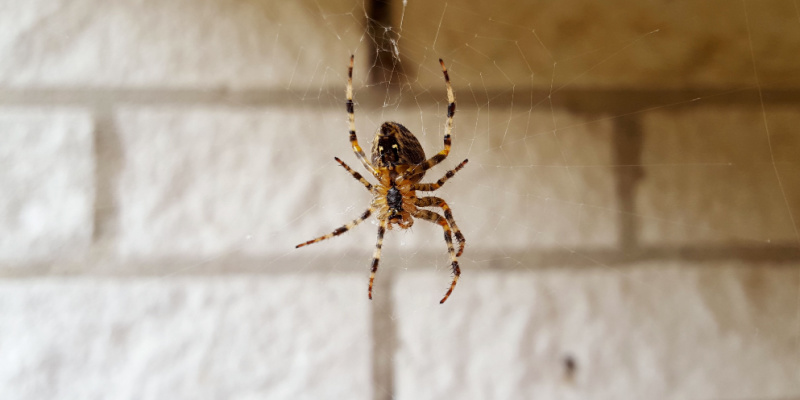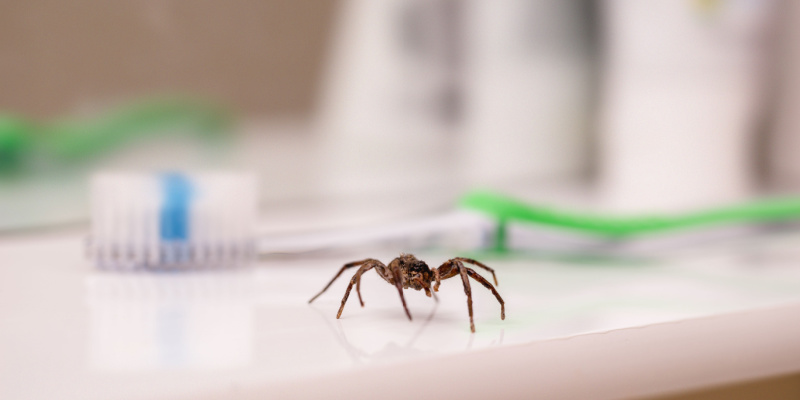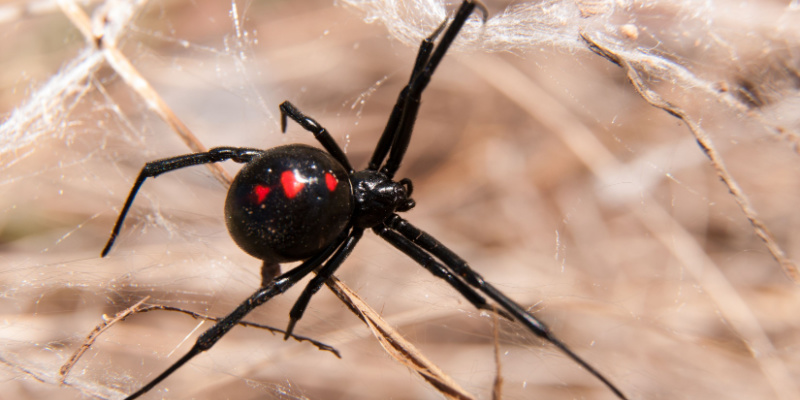Indianapolis is renowned for its rich history, cultural significance, and unfortunately, a few pesky spiders. While these eight-legged creatures are vital for controlling other insect populations, no homeowner likes an unexpected guest in their living spaces. If you’re looking to prevent a spider problem in your Indianapolis home, you’ve come to the right place. Let’s dive into some effective prevention methods!
1. Seal Your Home
- Mind the Gaps: One of the primary entry points for spiders is cracks and gaps in your home’s foundation, doors, and windows. Regularly inspect your home’s exterior and use caulk to seal any openings you find.
- Fix Broken Screens: Ensure window and door screens are intact. Any tears can be an open invitation for spiders and other pests.
2. Manage Outdoor Lighting
Spiders aren’t attracted to light, but many of the insects they feed on are. By making a few adjustments to your outdoor lighting, you can decrease the number of spiders:
- Use Yellow Bulbs: Yellow or sodium vapor light bulbs are less appealing to bugs. Switching to them can reduce the number of insects around your home, thereby reducing spiders.
- Reposition Lights: Instead of placing lights directly on your house, consider having them shine towards your home. This will draw bugs away, reducing the allure for spiders.
3. Keep a Clean Home
Spiders love hiding in cluttered areas. A clean home is less inviting to spiders and other pests.
- Regular Cleaning: Vacuum and dust regularly, focusing on corners, under furniture, and other secluded areas.
- Declutter: Keep basements, attics, and other storage areas organized. Store items in plastic bins instead of cardboard boxes, which can attract spiders and pests.
4. Maintain Your Yard
The space outside your home can be a breeding ground for spiders if not properly maintained:
- Trim Vegetation: Keep shrubs and plants trimmed and away from your home’s exterior. Dense vegetation provides a perfect hiding spot for spiders.
- Wood Storage: If you store wood, keep it off the ground and away from your home. Woodpiles are a haven for spiders and other pests.
5. Monitor Humidity
Spiders are attracted to moisture. By controlling the humidity in your home, you can make it less appealing:
- Use Dehumidifiers: Particularly in damp areas like basements, a dehumidifier can help reduce spider attractions.
- Fix Leaks: Regularly check for plumbing leaks or other sources of moisture and address them promptly.
6. Natural Deterrents
There are several natural remedies you can use to keep spiders at bay:
- Peppermint Oil: Spiders dislike the scent of peppermint. Mix a few drops with water in a spray bottle and spritz around windows, doors, and other entry points.
- Vinegar: Like peppermint, spiders aren’t fans of vinegar. A water and vinegar mixture can be sprayed similarly to deter them.
7. Seek Professional Help
If you’re noticing a lot of spiders or, more concerning, potentially dangerous species like the brown recluse, it might be time to call in the experts:
- Inspections: An expert can provide a thorough inspection of your home, identifying problem areas you might’ve missed.
- Expert Treatment: Professional treatments can be more potent and tailored to your specific spider problem.
- Advice: A pest control expert can offer tailored advice and guidance for your particular situation, ensuring lasting results.
While spiders can be beneficial for our environment, that doesn’t mean you need to share your home with them. With a combination of preventative measures, regular home maintenance, and a little help from the professionals at Trio Pest Control, you can ensure your Indianapolis home remains a spider-free sanctuary. Remember, prevention is always better than cure, so start today and enjoy a more comfortable, less creepy living space!




